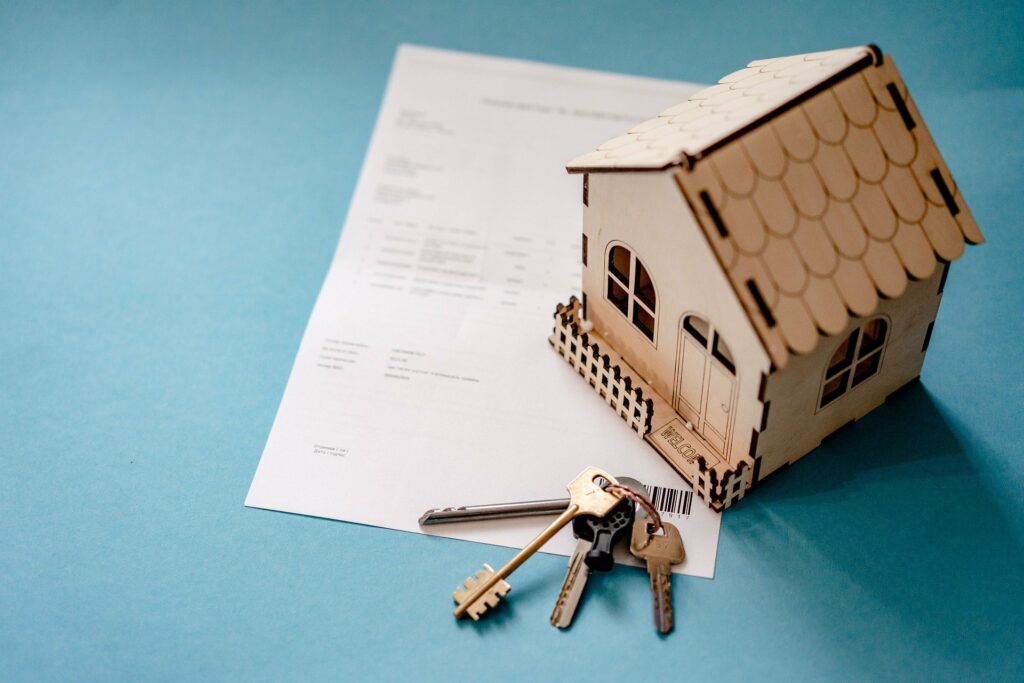
The housing market has created a unique situation where many Canadians are making significant efforts to ensure that they are able to own a home. Parents are also assisting their children so that they can become homeowners as well because they perceive that it is essential for them to have their own house. As a result, mortgage borrowing has set a new record in Canada which has eclipsed the previous record set before.
The increasing home prices over the course of the year has translated into record borrowing whereby the borrowed amount equates to $187.5 billion in mortgage debt. This was reported by Statistics Canada in their national balance sheet data. The new record is substantially higher than the previous record which was $118.9 billion in 2020 and $ 79.6 billion in 2019.
Considering the second quarter of 2021, the peak amount that was borrowed equated to $60.1 billion, however, in the fourth quarter, nearly $46.3 billion worth of mortgage debt was added to the national balance. Equifax Canada also reported that there was 8.1% decline in mortgage borrowing in the fourth quarter, however, the new mortgage origination volume was up a marginal 1.2%. Subsequently, the total mortgage borrowing amount is now at $1.95 trillion and the non-mortgage debt is at $701 billion.
Furthermore, because of the high intensity of house purchases noted in the recent months, the local real estate boards of Canada revealed notable new listings for houses in major markets. In the Greater Toronto Area, new listings were down 6.6%, while sales were down 16.8% off their record in 2021. The Chief Market Analyst at the Toronto Regional Real Estate Board, Jason Mercer, said “We have seen a slight balancing in the market so far this year, with sales dipping more than new listings. However, because inventory remains exceptionally low, it will take some time for the pace of the price growth to slow.”.

It is important to note that that rapid increase in home prices in different provinces of Canada has driven up the overall value of the residential real estate in Canada. In 2021, this value was recorded at $8.7 trillion which is a significant increase from $7.2 trillion in 2020 and $6.2 trillion in 2019. StatsCan said “Since the end of 2020, the value of residential real estate has grown 23.0%. Prior to the onset of the global pandemic, annual growth in the value of residential real estate had reached 14.8% at its peak in 2006.”.
Since the mortgage debt is increasing at such a rapid pace, even though the interest rates have been increased and the prices of the homes are increasing as well, the average national savings rate has been continuously decreasing from its peak value. StatsCan reported, “Household disposable income was down 1.3% in the fourth quarter, the second consecutive quarterly decline, primarily because of an 11.9% decrease in government transfers to households, while compensation of employee grew 1.9%,”.
As a result, this has left households with less net savings which has led to the savings rate decreasing to 6.4% in the fourth quarter. That is down from 9% in the third quarter and a peak of 27.2% recorded in the second quarter of 2020.


